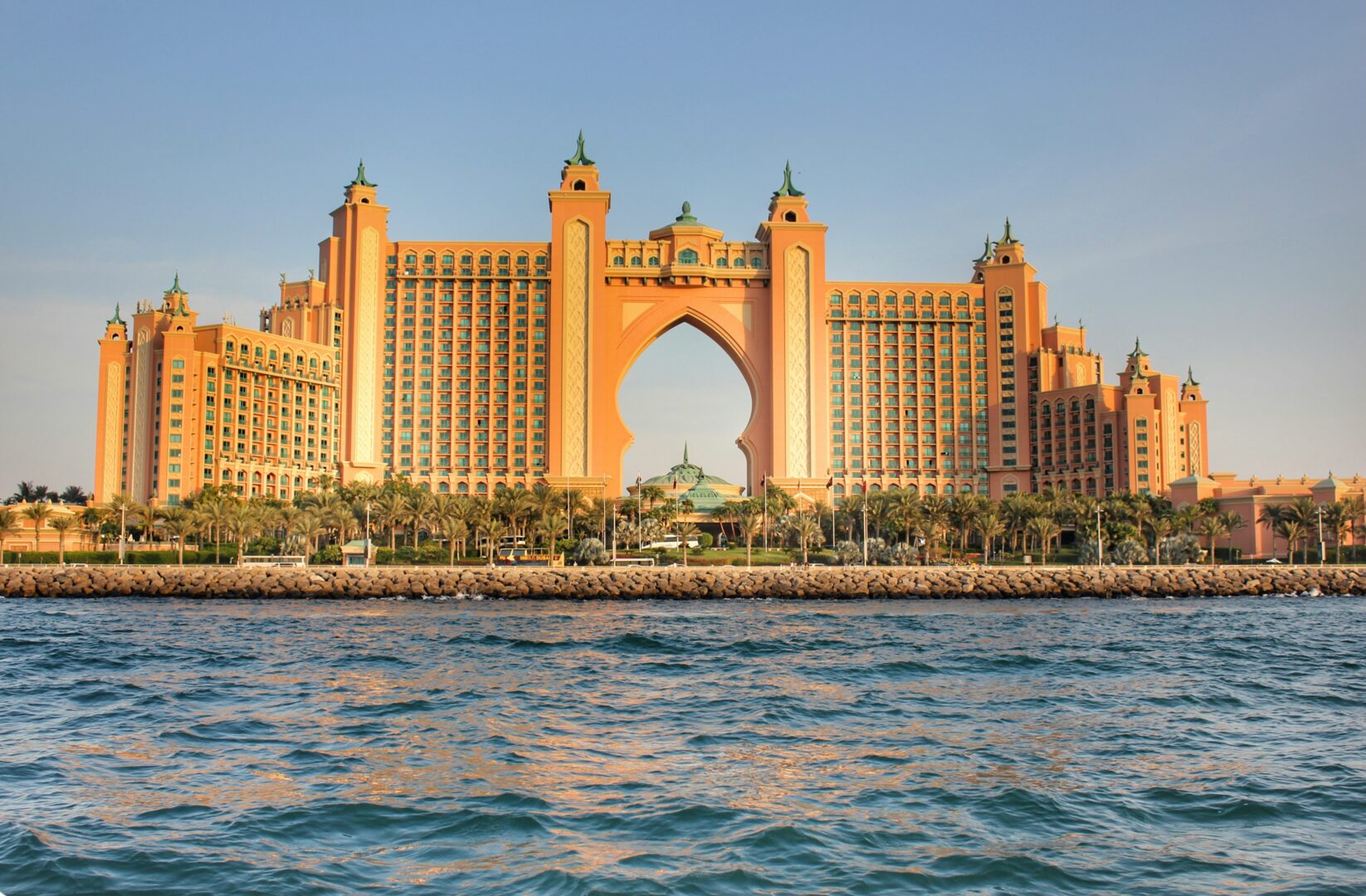Dubai has emerged as one of the world’s most dynamic business hubs, transforming itself from a small trading port into a global centre for commerce and innovation.
Its strategic location, pro-business policies and cutting-edge infrastructure have made it an attractive destination for entrepreneurs, investors, and multinational corporations.
Indeed, the city’s rapid development is a testament to its vision of becoming a leading economic powerhouse.
But, while it’s only more recently that Dubai has become a major player in modern world commerce, the city has actually been trading hub for many centuries.
Dubai’s Early Trade History and Economic Foundations
Dubai’s history as a trading hub dates back centuries, back to a time during which it was primarily known for its pearl diving industry and as a centre for regional commerce.
Situated on the coast of the Arabian Gulf, its location provided access to major trading routes connecting Asia, Africa and Europe. During the early 20th century, Dubai’s economy revolved around fishing, pearl trading and small-scale markets. But, as the global pearl industry declined in the 1930s, it became vital for the city diversify its economy.
Sheikh Rashid bin Saeed Al Maktoum, Dubai’s ruler from 1958 to 1990, played a pivotal role in shaping the emirate’s future. He recognised the importance of modern infrastructure and business-friendly policies, leading to significant investments in roads, ports and free trade zones.
The discovery of oil in the 1960s provided an economic boost, but Dubai, unlike some of its neighbours, chose not to rely solely on petroleum revenues. Instead, Sheikh Rashid focused on diversifying the economy through trade, tourism and financial services for the sake of long-term success.
Dubai as a Global Business Hub in the 20th and 21st Centuries
By the 1980s and 1990s, Dubai had established itself as a key regional centre for commerce. The creation of Jebel Ali Port in 1979 (which is now the largest man-made harbour in the world) further strengthened the emirate’s position as a trade gateway.
Of course, the introduction of free zones, such as Jebel Ali Free Zone (JAFZA), provided foreign investors with incentives, including full ownership of their businesses and tax exemptions. Indeed, these Free Zones still make Dubai an attractive location for entrepreneurs.
The early 2000s saw Dubai expand rapidly, with the development of world-class infrastructure, luxury real estate projects and major business districts. The Dubai International Financial Centre (DIFC) was established in 2004, providing an independent financial ecosystem that attracted major banks, investment firms, and insurance companies.
This period also saw the rise of iconic developments such as the Burj Khalifa, the Palm Jumeirah and Dubai Marina, positioning the city as a destination for both business and tourism.
Dubai’s aviation sector also played a crucial role in its economic success. Emirates Airline, founded in 1985, became one of the world’s leading carriers, helping to connect Dubai to global markets. Dubai International Airport and the newer Al Maktoum International Airport have solidified the city’s status as a key transit hub for international business travellers.
More from Business
- What Is Franchise Management and How Does It Work?
- Is AI Leveling the Playing Field for Early-Stage Startups?
- Top 10 Ways VoIP Can Improve Customer Service
- The Evolving Role Of Compliance In Business
- How To Start A Business In Albania
- Landline Switch-Off: A Wake Up Call
- What Is A Due Diligence Audit for Startups?
- Boosting Small Business Growth In The UK: A Practical Guide
Dubai Today: A Centre for Innovation and Entrepreneurship
Dubai’s economy has continued to evolve, with a strong emphasis on technology, innovation and sustainability. The UAE government has introduced various initiatives to attract startups and tech companies, such as the Dubai Internet City and Dubai Silicon Oasis. These hubs provide a supportive ecosystem for entrepreneurs, offering access to funding, mentorship and networking opportunities.
The UAE’s approach to digital transformation has also been a major factor in its economic success. With ambitious projects such as the Dubai Blockchain Strategy and Smart Dubai, the city is positioning itself as a leader in emerging technologies, and the city’s ambition in this regard has led to a great deal of success.
The introduction of the Golden Visa programme, which grants long-term residency to skilled professionals and investors, has further cemented Dubai’s reputation as a global business hub.
Dubai is also hosting major international events like Expo 2020 which showcased its ability to bring together businesses and investors from around the world. The event highlighted the emirate’s commitment to sustainability, innovation, and economic diversification.
The Future of Dubai as a Business Hub
Dubai’s future as a business hub looks promising, with continued investment in infrastructure, technology and sustainable development. The city aims to become a global leader in fields such as artificial intelligence, fintech and renewable energy. And, there are constant efforts and innovations that are contributing to this becoming a reality.
With its strategic location, progressive policies and commitment to economic diversification, Dubai is set to remain a key player in international trade and commerce for years to come.
As the UAE continues to adapt to changing global markets, Dubai’s business-friendly environment and visionary leadership ensure that it will remain an attractive destination for businesses and investors. Whether in finance, technology, logistics or tourism, Dubai has proven itself as a thriving centre for innovation and economic growth.

